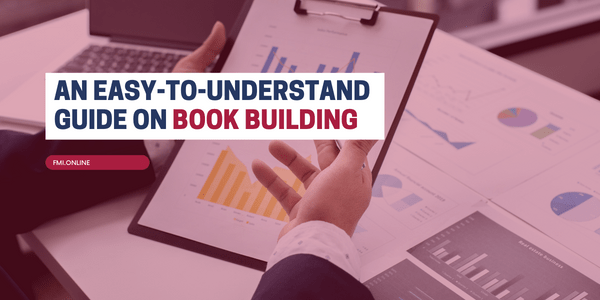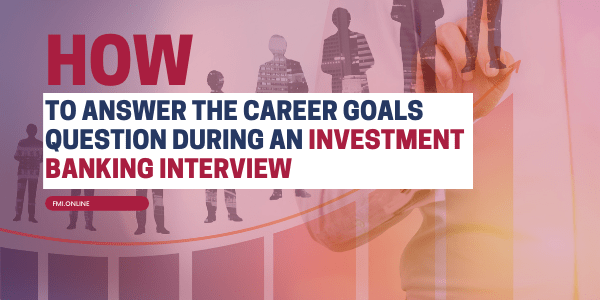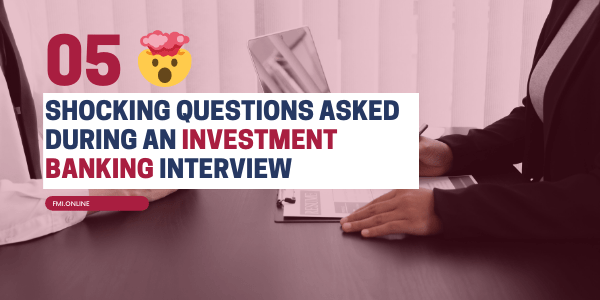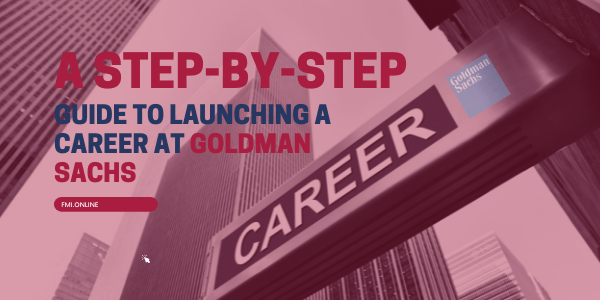What is Book-Building for an IPO?
Book-building is the process in the stock markets through which a company and the underwriter decide the price of IPO shares. IPO, as we shared earlier, is the process by which a company opens its capital raising to the public.
An underwriter is a third-party finance specialist who is hired by the issuing company to handle the IPO proceedings, determine the price of the shares, and so on. The other process to finalise share price is the fixed price issue in which the company decides the price in the beginning.
Book-Building’s Significance in Investment Banking
Companies that are looking to offer shares to the public usually hire investment banks from financial institutions as their underwriters. Investment banks and their special divisions have the expertise and knowledge to lead this process.
The underwriter ‘builds a book’ and invites institutional investors to bid for blocks of shares and the price they want for them. This helps the company understand how much the market will be willing to pay for its IPO.
This process is closed when a price that is satisfactory for the company and the investors is achieved. Book building is encouraged and advocated for by most major stock exchanges across the world. It is said to be the most efficient method to decide the price of the shares.
To understand book building and its importance in corporate finance better, we must know the steps involved. Here they are:
1. Hire an underwriter
Firstly, the company needs to hire an investment bank that will act as the underwriter for the IPO. The IB will have to draft and issue the prospectus and determine the size of the IPO and its price.
The underwriters also need to set the floor and ceiling prices of the shares. The floor price is what the minimum price should be and the ceiling price is the highest it can go. Setting a price range is beneficial as the investors will have a rough estimate to bid on.
2. Invite the investors
The second step is to invite the investors to bid for the shares. The investment bank will invite high-net-worth individuals, fund managers, and big institutions to bid. Sometimes there is a leading investment bank which works with a few others in their network. This helps in reaching out to investors from multiple sources which generate better and more bids for the company.
The investors submit their bids with the number and price of shares they are interested in buying. Through various bids, the company can understand the average price investors are willing to pay.
3. Price the shares
Once the investment bank collects the bids, they begin to analyse the demand for the IPO based on the bids. The weighted-average method is usually used by underwriters to come to the final price of the shares. The final price can also be referred to as the cut-off price of the shares.
There have been instances where a decided ceiling price ended up being the cut-off price. If this happens, the company understands that there are good sentiments and a favourable response from the market for their IPO. Sometimes companies will carry out accelerated book-building to finish the process in a short period such as 48 hours or less. This is especially done when firms want to acquire other companies or urgently need funds
4. Publicise all details before the IPO
Many regulatory bodies and stock exchanges across the world require the bidding process to be publicised. This is done to ensure full transparency. All the details of the bids, including pricing, have to be disclosed
5. Allot shares
Lastly, the shares are allotted to the bidders. The allotment is done at the cut-off price. The bidders who had bid below the cut-off price are asked by the IB to pay the remaining amount. The bidders who bid above the cut-off price are given back the excess money.
Conclusion:
The book-building process is extremely important during the launch of an IPO. Companies that want to go public only hire the best investment banks as their underwriters. Hiring an experienced and well-known investment bank is crucial for the IPO’s success.
The stock exchanges encourage underwriters to use the book-building process over the fixed-price method to determine the stock price. While this is only a primer in book building, to understand the concept in elaborate detail, you can refer to this free-of-cost course on Investment Banking, which explains an IB’s role in book building.









